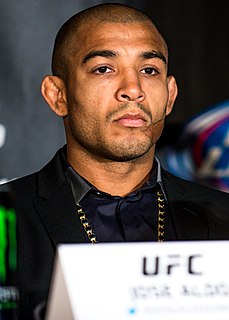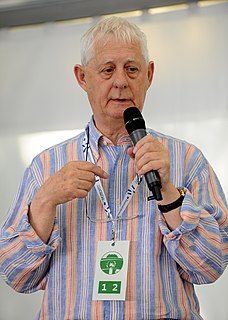A Quote by Carl Reiner
I figure I'm just one of many people. I'm not that different from anybody else, and I don't have great language, highfalutin' language - I'm very ordinary. So I figure if I write about myself, other people with similar feelings and experiences would go, 'Oh, that's me.'
Related Quotes
One of the things that's funniest about the entertainment industry and comedy is that people go 'Oh, you're great, but I don't know what to do with you.' The great thing about the Internet is that nobody has to figure out what to do with you. You can figure out what to do with you, and you can say, 'I made this thing, and I'm going to put it out, and now if people want to come see me and buy things from me they can.'
In this day and age, when there are so many people creating work online and writing their own shows, I wouldn't tell another actor, 'If you can do anything else go do that.' I would tell them to figure out the story they want to tell, to figure out what artists inspire you and why, and then figure out a way you can create that for yourself.
People in Israel would write in a high register, they wouldn't write colloquial speech. I do a special take on colloquial speech. When I started writing, I thought [the language] was telling the story of this country: old people in a young nation, very religious, very conservative, very tight-assed, but also very anarchistic, very open-minded. It's all in the language, and that's one thing that doesn't translate.
I'm not afraid to write about madness. I always figure that whatever most embarrasses you is something that everyone can relate to, really...because we're just not that different. So if you think, 'Oh my god, this is so embarrassing. I can't possibly talk about that,' and you write about it, the audience is gonna be like, 'that happened to me!
Poetry, as odd as it is, and as hard to figure out as it is, many times, it's almost something that we're used to. It's kind of like a dream language that we had centuries ago, so that when we speak poetically or write a poem about what's going on, a real difficult issue that's facing our communities, people listen.
Often when you're an immigrant writing in English, people think it's primarily a commercial choice. But for many of us, it's a choice that rises out of the circumstances of our lives. These are the tools I have at my disposal, based on my experiences. It's a constant debate, not just in my community but in other communities as well. Where do you belong? You're kind of one of us, but you now write in a different language.
I don't particularly care about having [my characters] talk realistically, that doesn't mean very much to me. Actually, a lot of people speak more articulately than some critics think, but before the 20th century it really didn't occur to many writers that their language had to be the language of everyday speech. When Wordsworth first considered that in poetry, it was considered very much of a shocker. And although I'm delighted to have things in ordinary speech, it's not what I'm trying to perform myself at all: I want my characters to get their ideas across, and I want them to be articulate.
Religion is much more than language, but to be Christian does mean speaking Christian for most people. The language many of us use has contributed to the crisis in Christianity in North America. Traditional Christian language is becoming less familiar to millions of people. The language is frequently misunderstood by people.



































